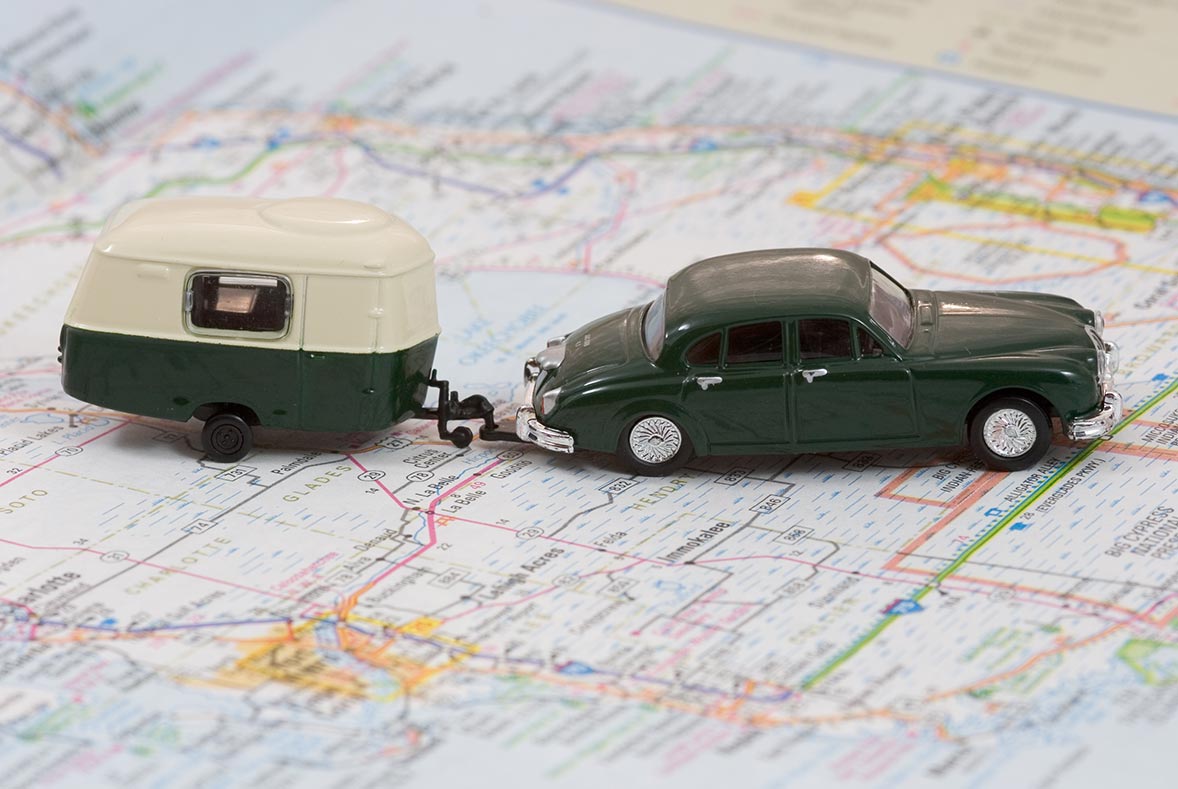Towing
10 Common Questions About Towing and Hauling
Many individuals believe that by just attaching a tow ball hitch to any vehicle, they are ready to pull anything and anything. When you add in the assumption that driving with a trailer behind you is simple, you’ve got a prescription for disaster. According to their makers, all automobiles, SUVs, trucks, and even minivans have widely varied tow ratings, which means they are not designed to tow anything heavier than that weight. Furthermore, if you possess a pickup truck, you will be dealing with a payload rating, which is the maximum amount of pounds you may load into the bed.
What is the difference between a payload rating and a gross vehicle weight rating?
Simply explained, the gross weight rating of your vehicle is the number of pounds it weighs when outfitted with all available options but empty of any human or nonhuman cargo. To put it another way, it informs you how fat it is. The payload rating of a pickup truck refers to how much goods can be loaded into the bed before the back end begins to sag dangerously close to the rear tires. Aftermarket parts can help you raise your payload rating, which is a smart option if you plan to use your vehicle to haul particularly heavy objects in the cargo hold.
Where can I get my trailer weighed?
Any retailer that sells trailers or RVs will almost certainly have their own scale that you may use to determine the exact weight of the cargo you’ll be towing. Some repair shops and automobile or truck dealers may have scales, but always call ahead to be sure they have one, that it’s in good working order, and that you’ll be able to use it.
When towing or carrying, how can a bigger, heavy-duty rear differential aid you?
The size and strength of the rear differential (also known as ring gear) can make or break a truck’s or SUV’s ability to haul extremely big loads. This rear differential must be sturdy enough to handle the power traveling through the axle as well as the strain from its load, especially when connected to powerful motors. Also, keep in mind that most rear differentials and ring gears live longer when properly maintained, but see your owner’s manual for specific suggestions.
What role does an oil cooler system play in my ability to pull higher loads?
Towing a big load puts a strain on any engine or transmission, thus automakers frequently provide packages that include oil cooling systems or even transmission fluid cooling systems to help with towing capability. When the engine is always working hard, the temperature of both of these fluids will naturally rise, so if you tow a lot, investing in one of these packages or a separate option is definitely a sensible choice if long-term engine and gearbox reliability is essential to you. They should be, too.
What happens when you select ‘tow’ or ‘haul’ mode on your transmission?
If your vehicle has a tow or haul setting, it will compensate for road gradients and payload changes by eliminating gear hunting, improving fuel economy and power delivery. Engine braking will also assist slow the car down when descending hills in this configuration.
What does towing capacity mean, and how can I find out what my vehicle’s towing capacity is?
This is the maximum weight of the trailer you can tow behind your vehicle with no harm to your transmission, engine, frame, or cooling systems if your vehicle is correctly equipped with a tow hitch. The towing capability of your vehicle may be determined by the engine it is equipped with and whether or not a heavy-duty tow package was purchased from the manufacturer. However, these numbers are normally available on the automaker’s website or in the owner’s handbook.
What is Integrated Trailer Brake Control, and how does it work?
This is one of the most advanced trailer systems, and it basically means that when you press the brake pedal in your car, the brakes on both the car and the trailer are controlled. Control and stability are improved as a result.
What is the purpose of Trailer Signal Wiring?
When you have a tow hitch mounted to the rear of your truck, SUV, or car, there should be electrical outlets that, when plugged into the securely attached trailer, can show drivers behind you when you are signaling or braking via the lights attached to any legal trailer. They essentially accomplish the same thing as your standard tail lights, and having them properly set up is critical, so make sure they’re working before heading out on any journey.
Why are diesel-powered vehicles able to haul bigger vehicles so frequently in general?
That’s because diesel engines don’t have a lot of horsepower, but they’re known for having a lot of torque, which is the power ratio that determines how well a vehicle can pull. In other words, when you accelerate, you “feel” torque rather than the vehicle’s horsepower reading. Diesel engines are also excellent tow engines because they produce the majority of their power low in the rpm range.
What is Trailer Anti-Sway Control?
Trailer sway control is a feature of a vehicle’s stability control system that detects if a trailer is yawing (moving side to side behind you) and applies braking pressure to one wheel to bring it back in line.
